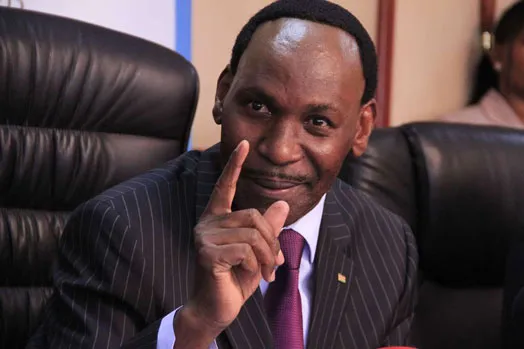Nairobi, 03 September, 2019 / 5:49 am (ACI Africa).
The move by the Kenya Film and Classification Board (KFCB) to ban the playing of two Tanzanian songs with explicit adult lyrics outside of children-restricted areas has been lauded as a good step in safeguarding children.
On August 27, the CEO of the Kenya Film Classification Board Dr. Ezekiel Mutua announced through a Facebook post the board’s restriction on the two songs saying they “are strictly forbidden outside of clubs and bars.”
“The lyrics are dirty and not suitable for public consumption, especially mixed company or where children are likely to be watching or listening. Both songs are pure pornography,” he added.
“While we may not ban the songs because they are coded, it's important for the public to know that they are dirty and unsuitable for mixed company. Let them be restricted to clubs, for adults only!” he stated.
Reacting to the restriction, Fr. Emmanuel Chimombo who has just overseen the publication of a manual on safeguarding children in the Eastern Africa region has hailed the move saying, “I applaud and congratulate the bold step taken by the CEO of Kenya Film and Classification Board.”





